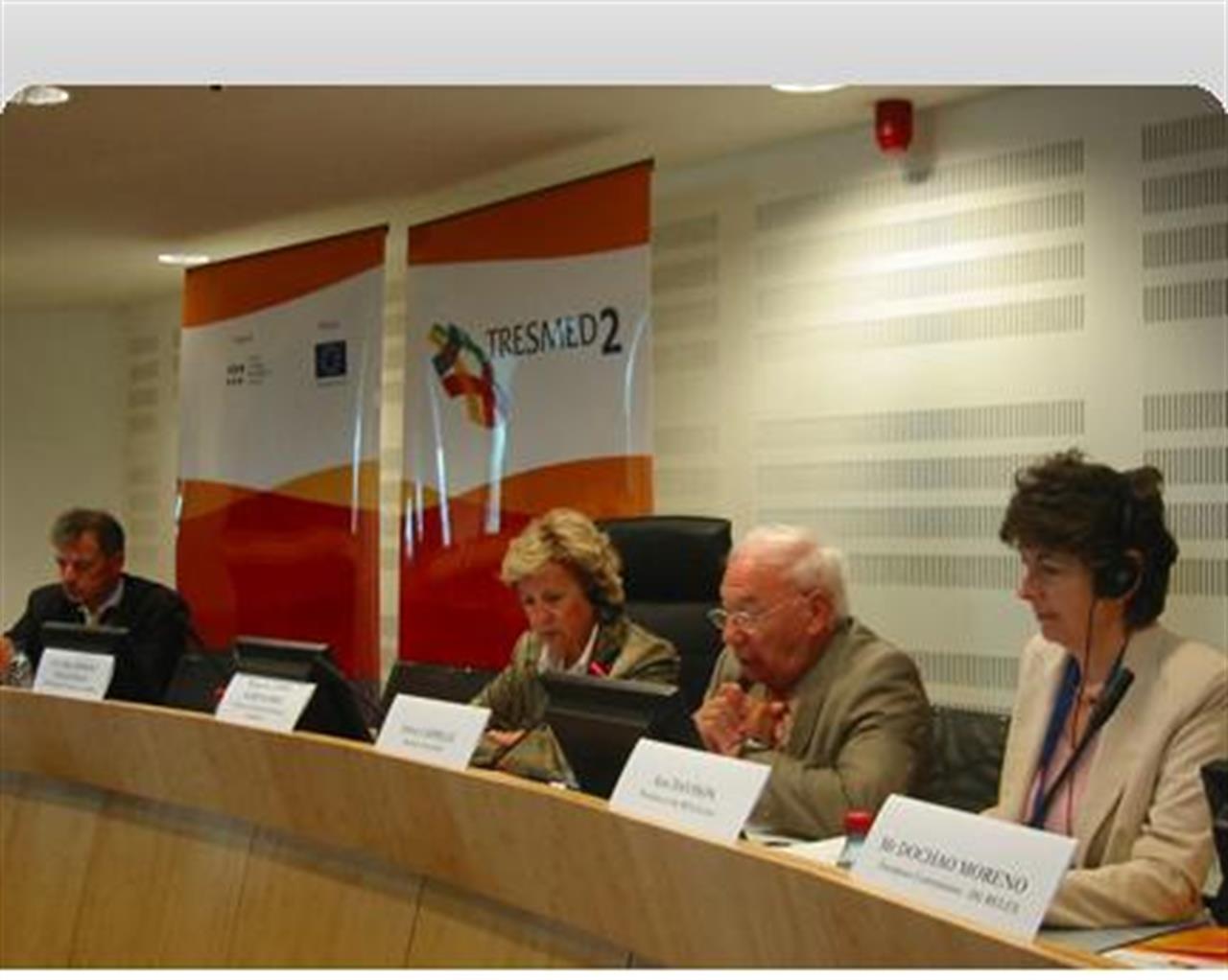Non profit
EESC elects new presidency
Staffan Nilson will lead the European Economic and Social Committee and Luca Jahier will run Group III
di Staff

The European Economic and Social Committee (EESC), a consultative body of the European Union (EU), announces a reshuffle of its top tier.
The EESC will renew its membership and leadership during a three-day plenary session on 19-21 October. The 344 members, roughly a third of whom are appointed for the first time, will elect a new presidency for the next two and a half years.
Today, Staffan Nilson was elected as new President of the EESC. Before the new nomination, Nilson was President of Group III (Various Interests) for six years, and Vice-president for another six. Since 1995, when he became a member of the EESC and Group III, he has actively contributed his expertise to the work of the EESC, mainly in the fields of agriculture, sustainable development and international cooperation.
Nilson can count on the help of his two Vice-Presidents, the Polish Jazek Krwaczy (in charge of the budget) and the Maltese Anna-Maria Darmanin (in charge of communication). In a vote taken during the inaugural session of new EESC five-year mandate, Ms Darmanin obtained 260 votes in favour while only four members voted against and another five abstained.
Ms Darmanin has been representing the Union Haddiema Maghqudin (UHM) in Brussels for the past six years and her election means she has been appointed to the highest ever elected post to be reached by a Maltese citizen in an EU body since Malta joined the EU in 2004.
A few weeks ago, Ms Darmanin was elected by the Committee’s worker’s group after being the sole candidate for the post.
Concerning the body’s three groups, Henri Malosse will take on the presidency of Group I (Employers) and Henri Malosse assumes the position for Group II (Workers). Luca Jahier, 47, was elected yesterday as President of the EESC’s Group III, made up of 109 members representing agriculturist; small and medium sized companies; associations and foundation; family and humanitarian organisations; cooperatives and social enterprises; consumers; and environmental and human rights organisations.
For the next two years and a half Jahier will work closely with the group’s 3 Vice-Presidents: the German liberal professional Arno Metzeler, the Scottish poverty activist Maureen O’Neil and the Irish social entrepreneur Jilian Van Turnhout.
The Italian Journalist by profession has a long career in the third sector. He has headed up several important development organisations including FOCSIV (1994 – 1999) and CISV (200- 2008). Since 2002 he has been an active member of EESC and from 2006 he has held the position of Vice-President of Group III.
“My first and most immediate priority is to get to know the new members, of which we have around 40,” said Jahier during his inaugural speech on Tuesday.
In the same speech he threw down the gauntlet to the members of EESC, asking them to take up the challenges arising from the new Lisbon Treaty, “which provides remarkable potential in our relations with civil society and its multi-faceted organisations.”
He explained that the new treaty is open to translation and presents them with possibility to concretely define participatory democracy, outlined in art. 11. He also said they must seize the possibilities created by a clause concerning social horizontal mobility and dispositions on areas like services for the general interest.
Key words to the new Presidents mandate will be “continuity,” “innovation” and “teamwork.” He said that a priority would be organising efforts around the upcoming next three European years: 2011 on “Volunteering”; 2012 on “Solidarity between the Generations” and also, in the pipeline and currently under discussion by the European Commission for 2013 on “Active Citizenship”.
The EESC is made up of representatives of civil society from the 27 member states. It is an advisory body to the European Parliament, the European Commission and the Council. It also acts as an institutional intermediary between civil society organisations and the EU decision making bodies.
17 centesimi al giorno sono troppi?
Poco più di un euro a settimana, un caffè al bar o forse meno. 60 euro l’anno per tutti i contenuti di VITA, gli articoli online senza pubblicità, i magazine, le newsletter, i podcast, le infografiche e i libri digitali. Ma soprattutto per aiutarci a raccontare il sociale con sempre maggiore forza e incisività.
